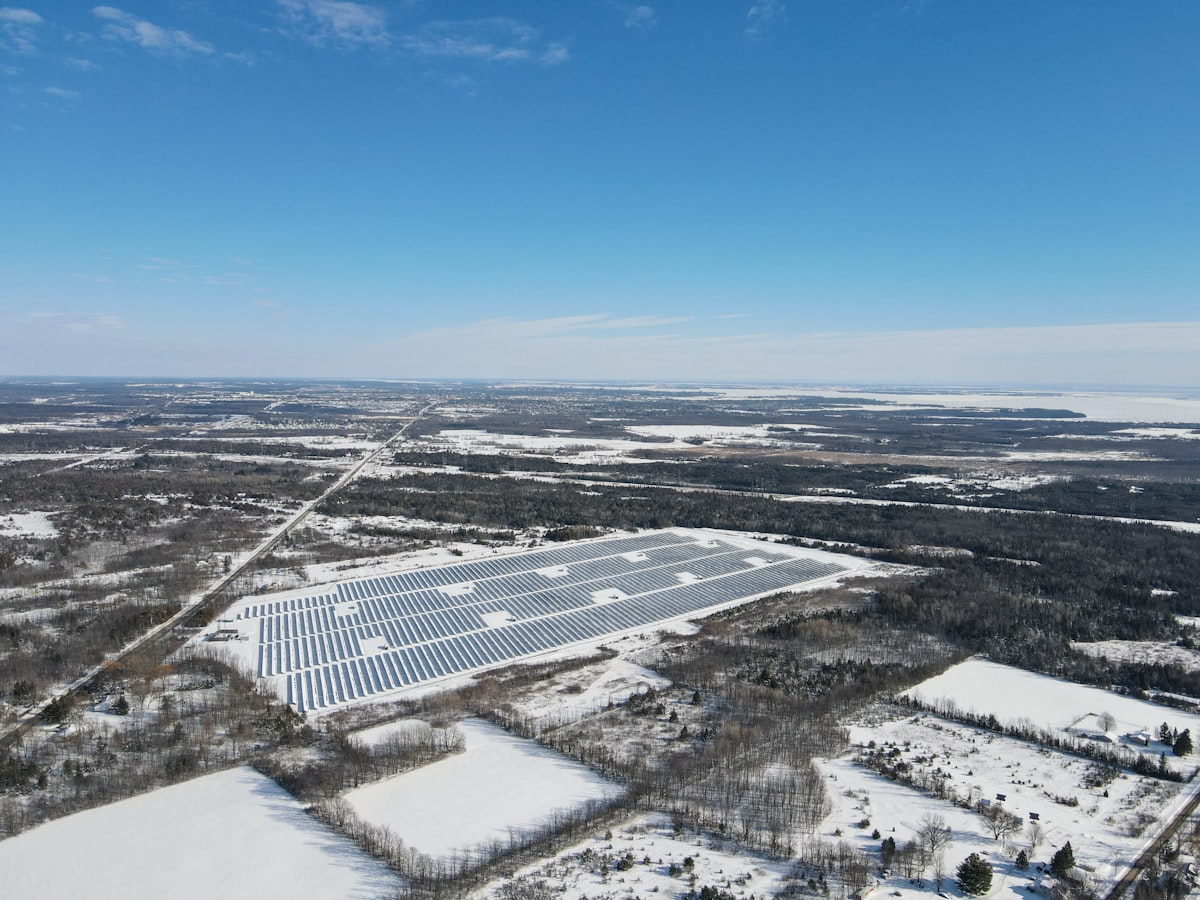Will Solar Panels Work in Winter? Debunking the Myths
ne of the most common questions people ask when considering solar energy is, "Will solar panels work in winter?" It's a valid concern, especially in regions with harsh winters and shorter daylight hours.

One of the most common questions people ask when considering solar energy is, "Will solar panels work in winter?" It's a valid concern, especially in regions with harsh winters and shorter daylight hours. In this blog post, we'll address this concern by debunking myths, discussing the factors affecting solar panel performance in winter, and providing tips on how to optimize your solar energy system for colder months.
Myth: Solar Panels Don't Work in Winter
Many people believe that solar panels are ineffective during winter months. However, this is a common misconception. Solar panels do work in winter, but their efficiency and energy production may be affected by various factors, such as snow, ice, and reduced sunlight. In fact, solar panels can sometimes perform better in cold temperatures, as their efficiency tends to decrease in extreme heat.
Factors Affecting Solar Panel Performance in Winter
- Sunlight: Solar panels need sunlight to produce electricity, and winter months usually mean shorter days and less sunlight. However, even on cloudy days, solar panels can still generate energy, albeit at a reduced capacity.
- Snow and Ice: Snow accumulation on solar panels can block sunlight and reduce their efficiency. However, most solar panels are installed at an angle, allowing snow to slide off the surface more easily. Moreover, the dark surface of solar panels absorbs heat, which can help to melt the snow and expose the panels to sunlight.
- Temperature: Solar panels actually perform better in cold temperatures. High temperatures can reduce their efficiency, while colder weather allows them to generate electricity more efficiently.
- Angle and Orientation: Solar panels installed at an optimal angle and facing south can maximize sunlight exposure during winter months. This can help to compensate for the reduced hours of sunlight.
Tips to Optimise Solar Panel Performance in Winter
- Regularly Clear Snow: It's essential to remove snow from your solar panels to ensure they receive enough sunlight. However, always prioritize safety and avoid climbing onto roofs during icy conditions. Instead, use specialized tools like roof rakes or soft brushes to clear the snow.
- Monitor Performance: Keep an eye on your solar panel system's performance during the winter months. Monitoring the system will help you detect any issues early and address them before they lead to a significant loss in energy production.
- Install a Solar Panel Tilt System: Consider installing a tilt system to change the angle of your solar panels during winter months. This can optimize their exposure to sunlight and enhance their energy production.
- Schedule a Professional Inspection: Annual maintenance and inspections can help you identify any potential issues, such as loose connections or damaged components, and keep your solar panels running efficiently all year round.
In short, solar panels do work in winter, but their performance may be affected by factors like reduced sunlight, snow accumulation, and temperature. By following the tips outlined in this blog post, you can optimize your solar panel system and ensure that it continues to generate clean, renewable energy even during the colder months. Investing in solar energy is a smart choice for both the environment and your wallet, regardless of the season.